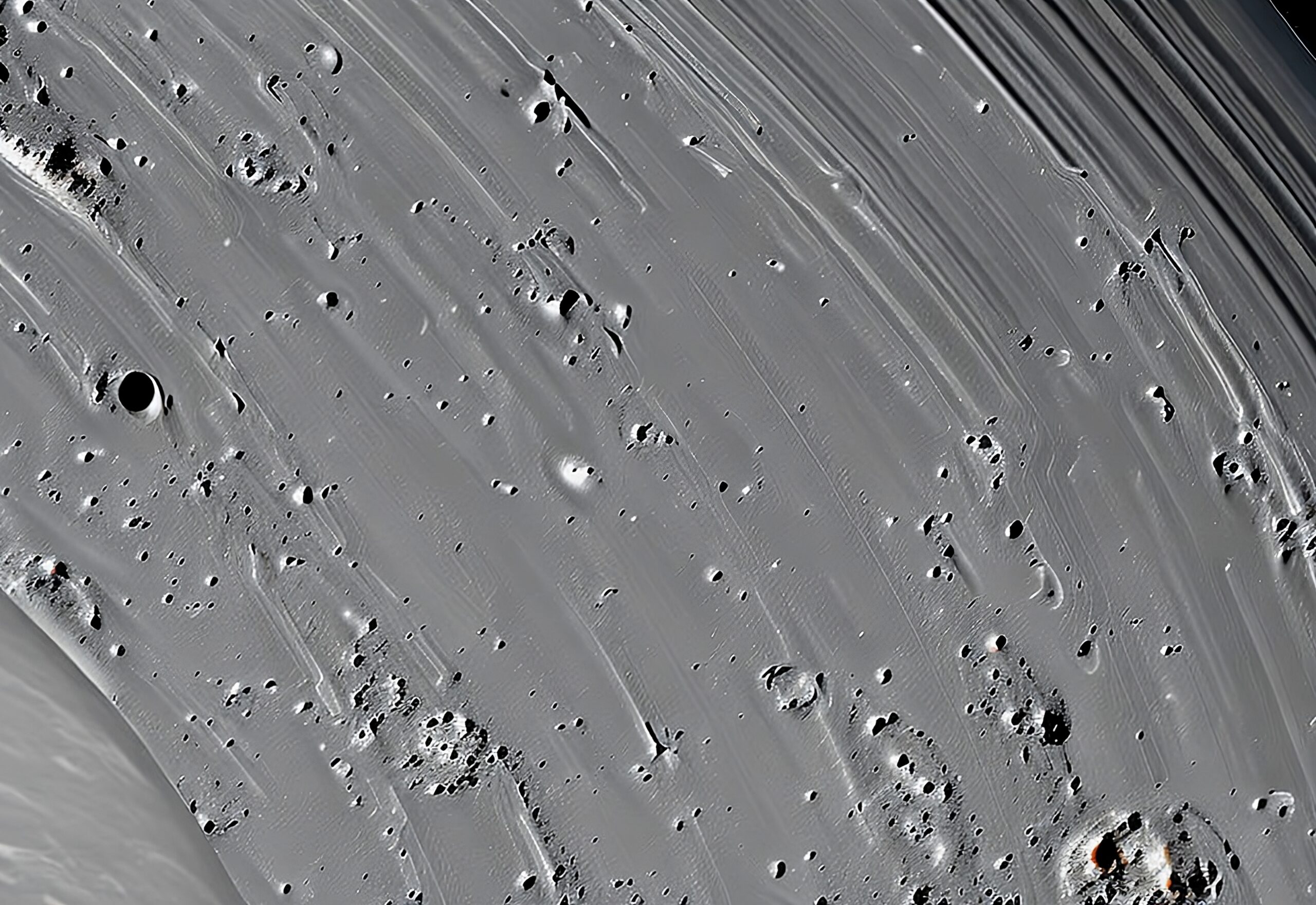Unveiling the dark energy enigma
Why doesn’t gravity eventually lead to a universal “Big Crunch” event? According to the laws of gravity, the more matter there is in the universe, the more it should attract, eventually leading to a collapse. However, this is different from what we observe in the universe. Instead, the expansion accelerates, indicating something else must be at play.




